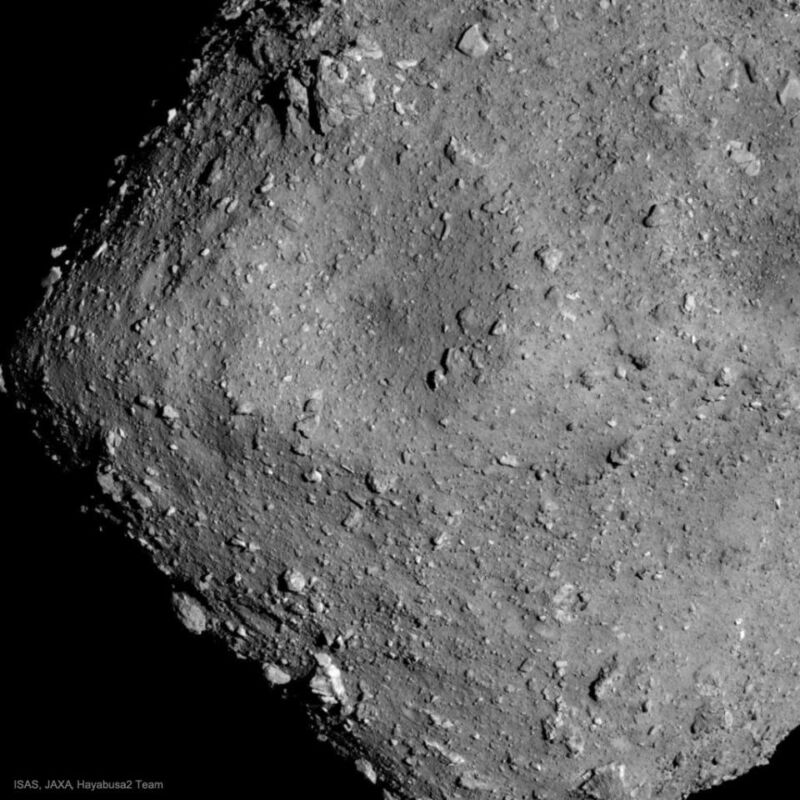Week #650
There are 650 seats in the House of Commons of the United Kingdom, it is also the area code prefix for the area of San Francisco California USA. It also shares its name with the IBM 650 Magnetic Drum Data-Processing Machine, an early digital computer produced by IBM in the mid-1950s. It was the first mass produced computer in the world.
This week was ongoing SpellStruck tasks. We continue to develop and tweak the game which requires some questions from analytics and backend tweaks.
We delved a bit into some “Sonic Branding” this week. Very few companies have such a sound that it is trademarkable. One that jumps to mind is the Nokia ring tone. We’re certainly no where near that level of brand recognition, but when the opportunity presents itself, we should try to create an audio clip that is on brand and instantly recognizable. We started that process this week.
Our SMS sending stopped working in Australia this week. This is partly something that fell through the cracks. As part of an effort to combat text-spam, you need to do more to register both virtual numbers (like those from twilio) and Alphanumeric sender IDs, which we were using. This is an internal product to let team members know about work assignments via an SMS. We quickly switched over to just a standard mobile number, since we’re not doing anything sketchy, it was easy to fill-out the paperwork and get approval. That is working again, we’re starting the longer process of getting a branded alphanumeric sending ID.
Week #651
This week’s interstellar name sake is 651 Antikleia. It is a member of the dynamic Eos family of asteroids that most likely formed as the result of a collisional breakup of a parent body.
The old Icelandic calendar called Misseristal, has several interesting properties. Each month is 30 days and always starts on the same weekday. We’ve been doing some work to visualize these “Tetris-style pieces” and realized that the names of the months are not modern enough to have ever been abbreviated. We created a survey and are collecting feedback about a few of the edge-case names.
As part of the SpellStruck process, we are subject to code audits. We packaged-up all the code and documentation and send that over to the 3rd party for review. We’ve done this several times before and we have a good system to handle this.
It is now August and the school year will start in just a few weeks. We had a team meeting and went over all the things we need todo before we start our September surveys.
Apple has also started to clamp-down on privacy reports on even more functions that people could use for dubious fingerprinting. One of those is UserDefaults. This is a simple way to save preferences across sessions. We use it in several apps. We added it to the Privacy Report, but also looked into transitioning to to iCloud Key-Value pairs. This has a few advantages and eliminates the need for dealing with UserSettings reporting and updates.
We first mentioned Hyperion back in week #570. That was 81 weeks ago. But we certainly were working on it for months before that without any codename. Next week, we’re shifting priorities and the amount of time we are dedicating to that project will be reduced. Something that’s been part of our daily work routine for almost 2 years is finally being passed along to new hands. This should open us up for time to explore some new projects.
Finally, we had a meeting with an old friend about a potential new project. Things are not completely ironed out yet, but he left his job and fell-backwards into a podcast sponsorship, so we were a sounding board for ideas and we’ll where this develops.
Fluxcapcitor
Back in 02009, we experimented with Polyphasic Sleep. Our write-up documents the process, the pros and cons and what (if anything) we learnt from the process.
Back in 02016, we published a massive 18-weeknote catch-up: Week #268-286. It covered a lot of experiments which we are looking forward to getting back too.
Bric-à-brac

Ryugu samples reveal traces of rock from before the Sun existed. Small bits of material in the asteroid contain isotopes made in specific stars.
